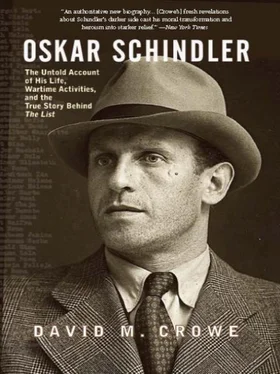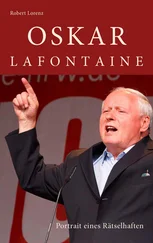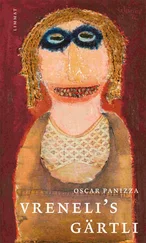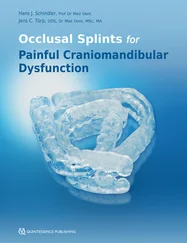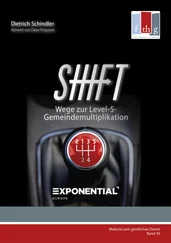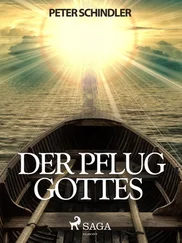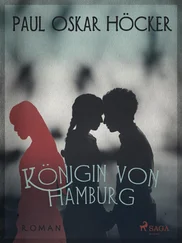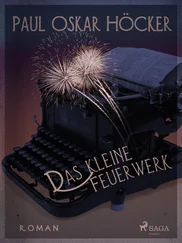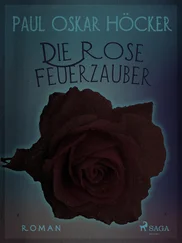Henlein returned to Czechoslovakia and began to pursue a two-fold policy that outwardly promised continued loyalty to the Czechoslovak state while privately supporting German annexation of the Sudetenland. In his famous April 24 speech before the SdP congress in Karlovy Vary (Karlsbad), Henlein laid out eight demands for autonomy within the Czechoslovak Republic. If the Prague government had accepted them all, it would have “been tantamount to union with Germany.” Three days earlier, Hitler met with the new head of the OKW, Generalleutnant Wilhelm Keitel, and discussed his thinking on the Czechoslovak question. He told Keitel that he did not intend to destroy Czechoslovakia unless an extreme crisis occurred. Hitler wanted to avoid a major international confrontation over Czechoslovakia. His plan was to justify Germany’s slow military buildup by intensifying international tensions over the plight of the Sudeten Germans. The crisis would end with a surprise attack by Germany or one triggered by an incident “arranged” within Czechoslovakia. 74
Henlein played his new role well. Hitler told him to avoid a settlement of the Sudeten question with the Czechoslovak government and to keep Great Britain neutral during the crisis. On May 20, the OKW gave Hitler an interim directive for Operation Grün (Green), which was based on the idea that political developments within Czechoslovakia might prompt German action. In a meeting with prominent German military leaders on May 28, Hitler said the attack on Czechoslovakia, which he thought would begin on October 1, was a prelude to a later move against Germany’s western neighbors. 75Two days later, OKW presented the Führer with a refined directive for Operation Grün , which began with Hitler’s statement that it was his “unalterable decision to smash Czechoslovakia by military action in the near future. It is the business of the political leadership to await or bring about the suitable moment from a political and military point of view.” 76
General Keitel told Admiral Canaris that Abwehr was to help prepare for the invasion of Czechoslovakia “by means of propaganda, subversion, and reconnaissance.” Some thought was also given in OKW to an Abwehr assassination of the German ambassador to Czechoslovakia, Ernst Eisenlohr, to justify an attack against Czechoslovakia. Abwehr propaganda was meant to “intimidate Czechoslovakia” and weaken “her resistance with threats.” Abwehr was also to use its propaganda outlets to send “instructions to the national minorities to support the armed struggle.” The operational plan for the invasion of Czechoslovakia also said that after German units had moved into Czechoslovakia, “co-operation with the Sudeten German frontier population, deserters from the Czechoslovak army and elements of the sabotage service” could greatly enhance German successes. 77
Oskar Schindler’s work during the summer of 1938 was linked to Abwehr’s need to provide its combat (K) and sabotage (S) teams (K and S-Verbände) with reliable maps and information on Czechoslovak troop movements, military fortifications, and other strategically important data. Abwehr stationed its K and S teams just across the Czechoslovak-German border; they were thus prepared to move once the invasion began. The K and S teams were to reconnoiter landings sites for the Seventh Air[borne] Division in the Freudenthal (Bruntál) region, which was about fifty miles northeast of Svitavy. This was also to be a staging area for the Eighth Army Corps. Oskar Schindler’s intense efforts to recruit Sudeten Germans with knowledge of vital military information was important to Abwehr’s invasion plans. 78
Schindler’s Activities as an Abwehr Agent: Summer 1938
At the time of his arrest on July 19, 1938, Leo Pruscha (Czech, Prǔša) was a forty-six-year-old station “manipulantem,” or railway worker, who sold tickets in Brno. His arrest photograph shows a well-dressed middle-aged man in a striped suit and bow tie. His features are very striking with a strong chin and nose. Pruscha was born in Okříšky, a small village about thirty-five miles west of Brno. His family moved to Brno after his father, a railway worker, was killed in an accident in 1897. He was not a strong student, and in 1910 his mother convinced him to drop out because of poor grades. He found a job as a typist at the railway traffic office in Brno. In early 1914, he joined the Austrian army and served in Olomouc and Kraków for three and a half months. After his return from the military, he became a telegraph operator at a small station in Miroslav, southeast of Brno. He met his future wife in Miroslav, and she bore him a daughter in 1915. Pruscha was recalled to active duty after World War I broke out in August 1914 and was wounded twice. He remained in the army until the end of the war in 1918 and married on his return. He returned to his railway job in Miroslav, now part of the new Czechoslovak Republic. Railway officials later transferred him to Hrušovany nad Jevišovkou. They moved him again to Nezamyslice for poor job performance. Pruscha improved enough to earn a transfer to Brno in 1934 or 1935, where he worked in Department V/5, which prepared train schedules. By 1938, he was selling train tickets. 79
Pruscha had a base monthly railway salary of 640 crowns ($22.16) and a special clerical bonus of 750 crowns ($25.96). He supported his wife and daughter, who was a law student, on this income. Though Pruscha told his interrogators that he decided to help Abwehr because he was “under the influence of a national fever due to the current political climate,” the Czech secret police thought otherwise. There is no question that Pruscha was a passionate Sudeten German, but he also desperately needed money. The Czech police reported that he had accumulated debts and had a drinking problem. Four months before his arrest, one of his coworkers, Ladislav Novak, said that authorities had found money missing from Pruscha’s cash register. He also had a record of antigovernment activity dating back to 1935, when the police investigated him for violating the antitreason Law for the Protection of the Republic. Pruscha admitted that he once had been a member of the outlawed DNSAP and had only recently joined Henlein’s SdP. His wife and daughter had joined the SdP much earlier. His statements and those of others lead one to conclude that Leo Pruscha was a staunch Sudeten German nationalist with strong Nazi leanings. 80
Oskar first met Pruscha in 1931, though Pruscha claimed that he did not meet Oskar until July 1938. At the time of their first meeting, Oskar was again working for MEAS in Brno and admittedly spent a lot of time in coffee shops and taverns. Oskar said that he remembered Pruscha as a drunk and a Sudeten German patriot who had serious financial problems. Oskar got to know Pruscha through a brother-in-law, Ondrej Schulz, whom Oskar had known for some time. Schindler did not meet Pruscha again until the summer of 1938, when Oskar recruited him to obtain vital Czechoslovak railway and troop movement information for Abwehr. 81
Oskar told the Czechoslovak secret police in 1938 that his efforts began innocently. On July 1, he decided to visit Gritt Schwarzer in Ziegenhals, Germany, where she had recently begun to manage the Hotel Juppebad. Oskar said that when he arrived at the Czechoslovak border town of Zlaté Hory (Zuckmantel), he decided he would have to cross the frontier illegally because he did not have a passport. He persuaded a local Sudeten German innkeeper, Fölkel, to “show” him a path across the border, then crossed at 10:00 P.M. When he reached Germany, Oskar called Gritt; she arranged for a private car so that he could drive to Ziegenhals. When he arrived at the Juppebad Hotel, Gritt was attending a “joyous” dinner party. While Oskar waited for her, he was drawn into a conversation with a stranger, who later introduced himself as Peter. When Peter learned that Oskar was from the Czechoslovak Republic, he said that lot of Sudeten Germans in the Reich made good money working for the Fatherland. 82
Читать дальше
